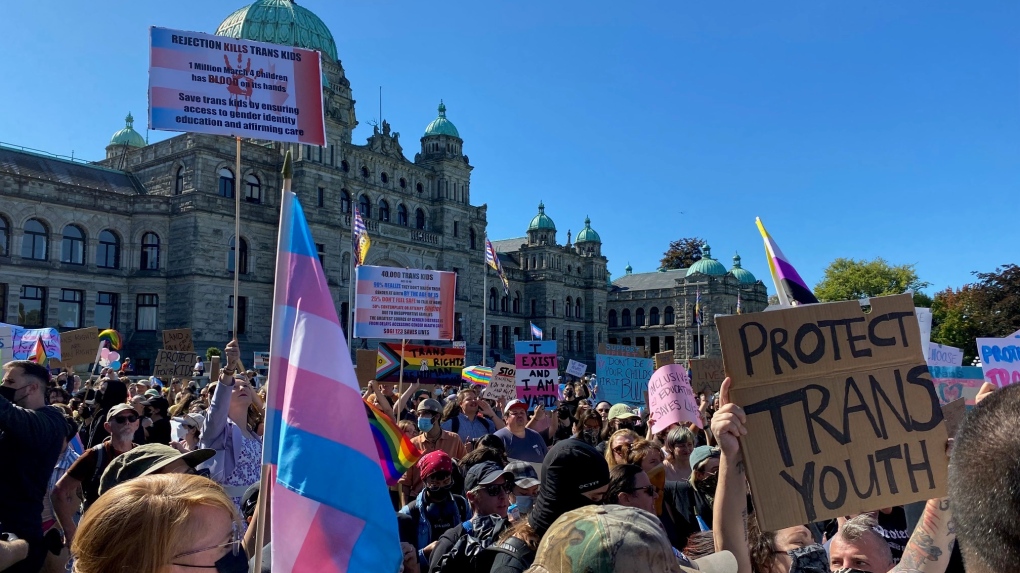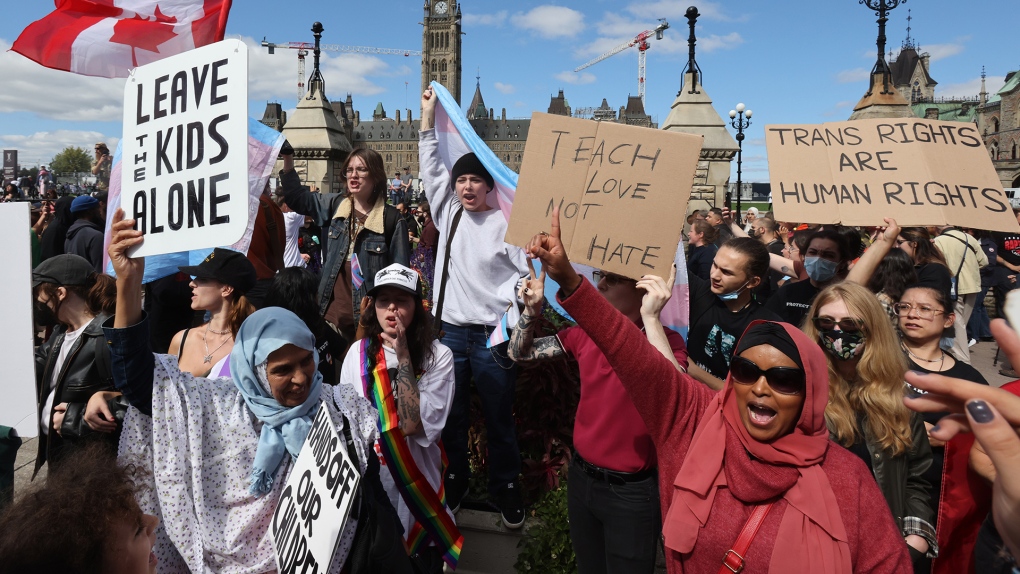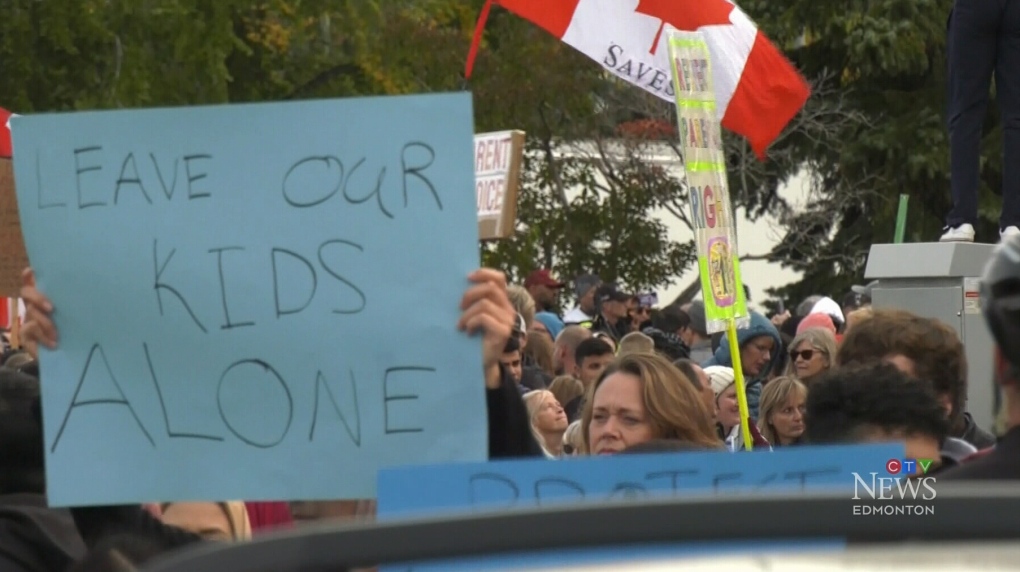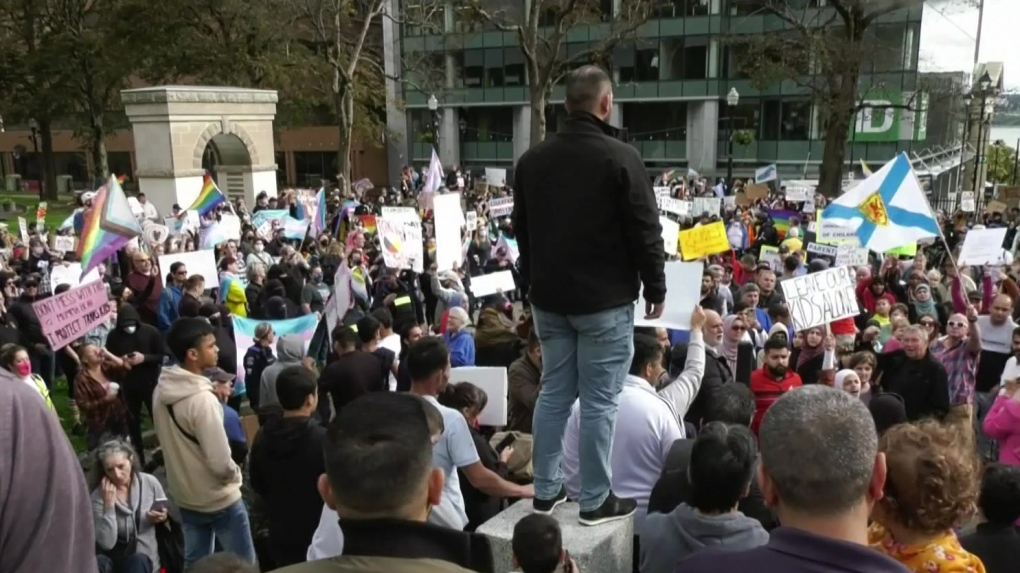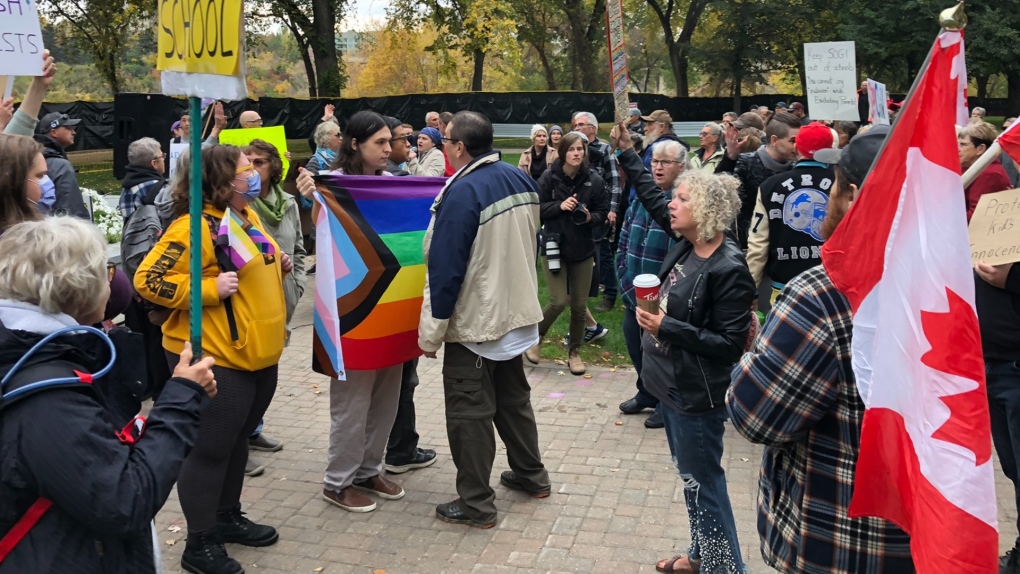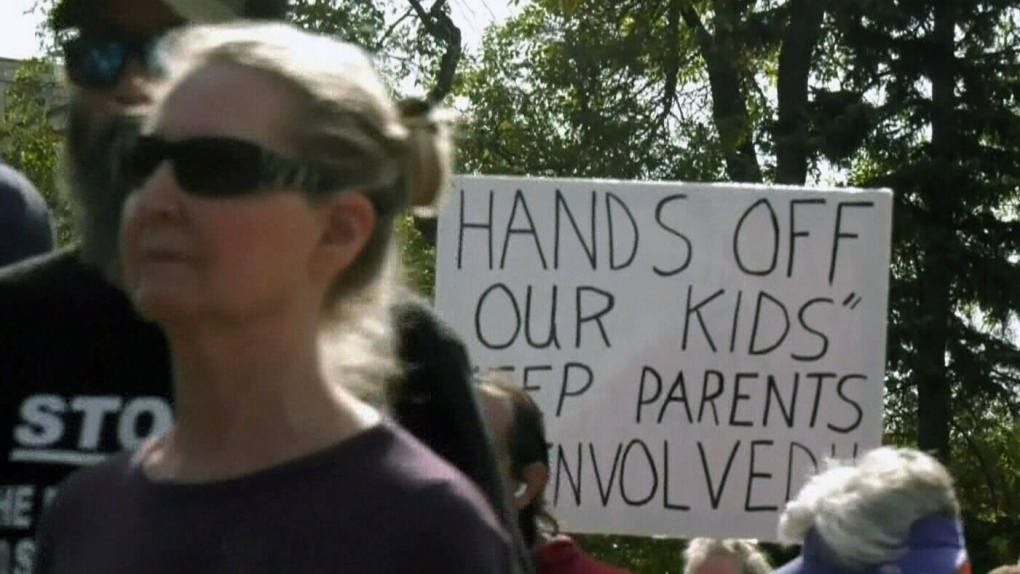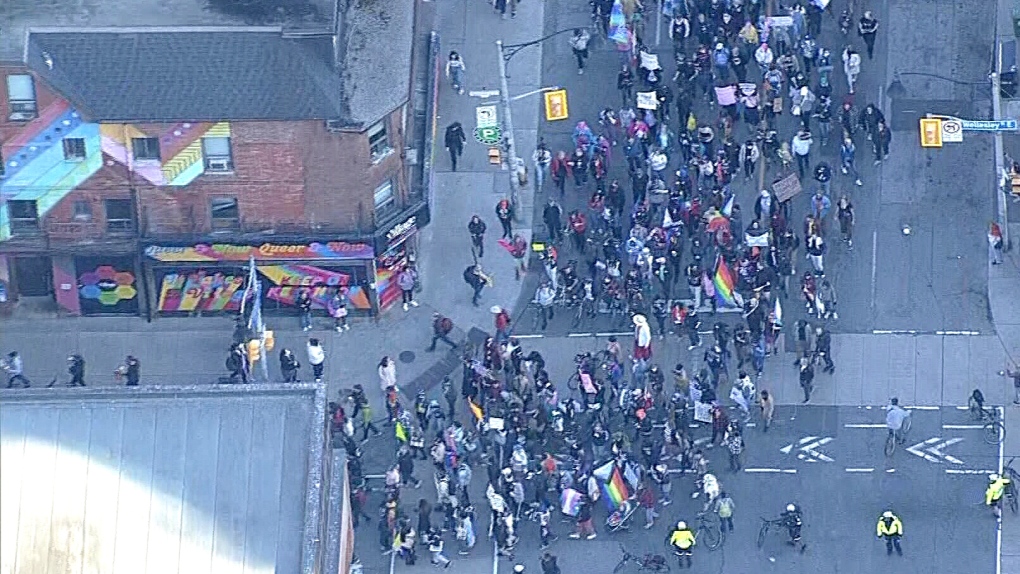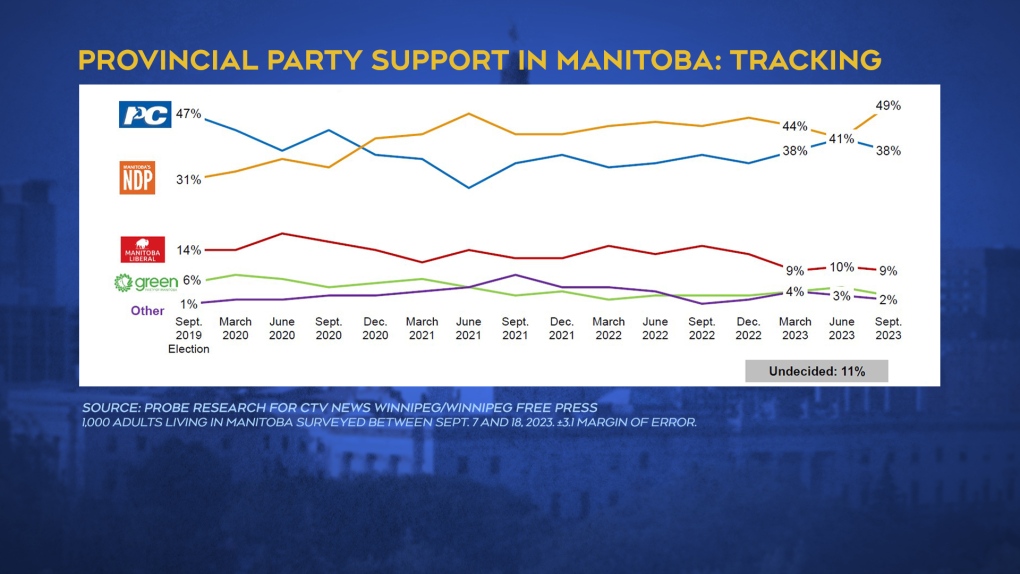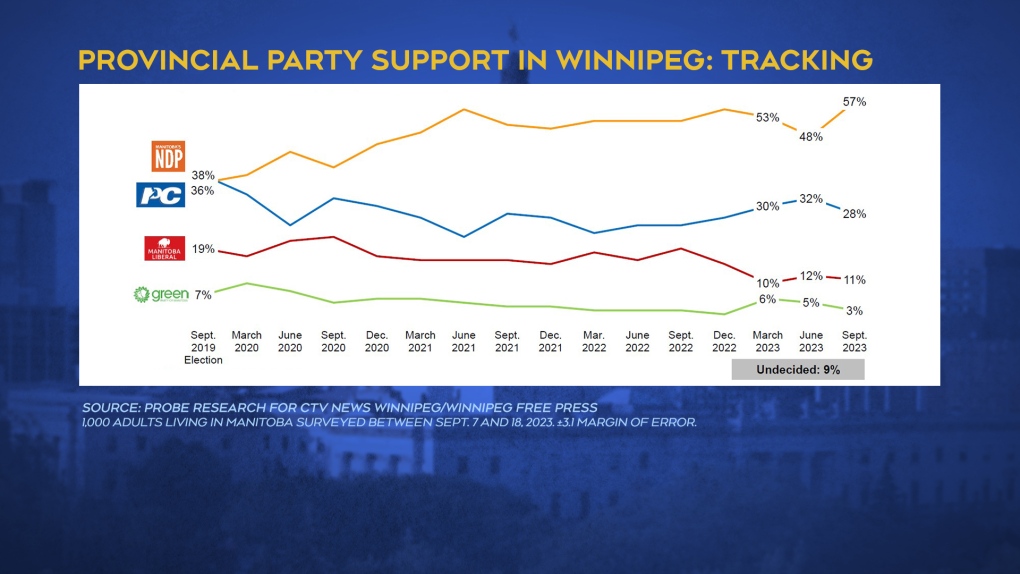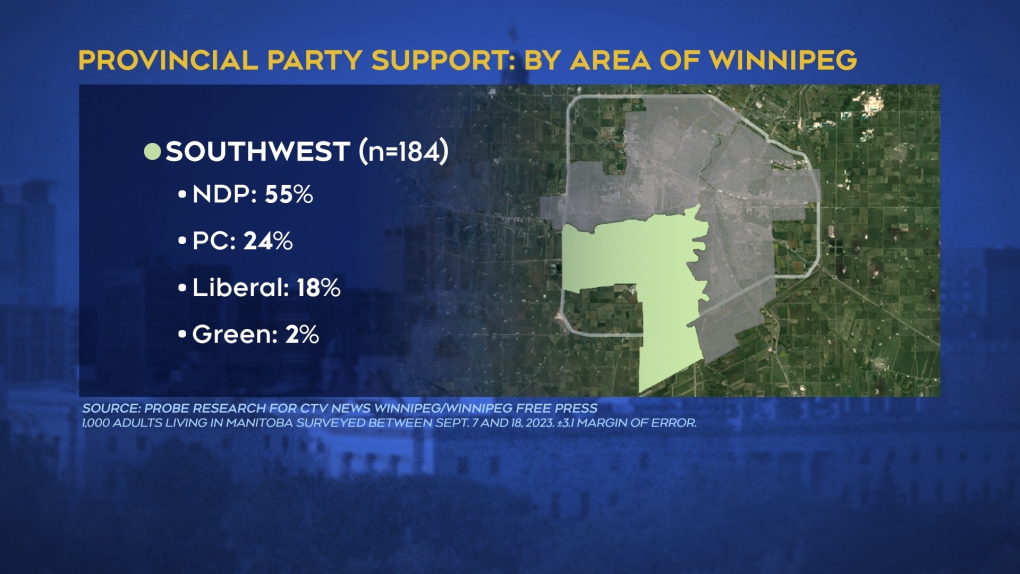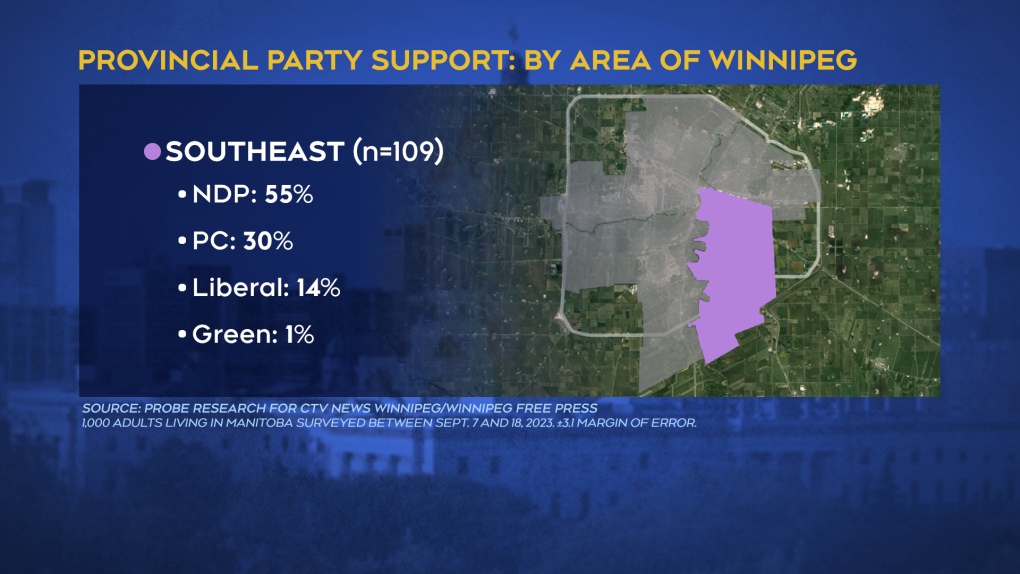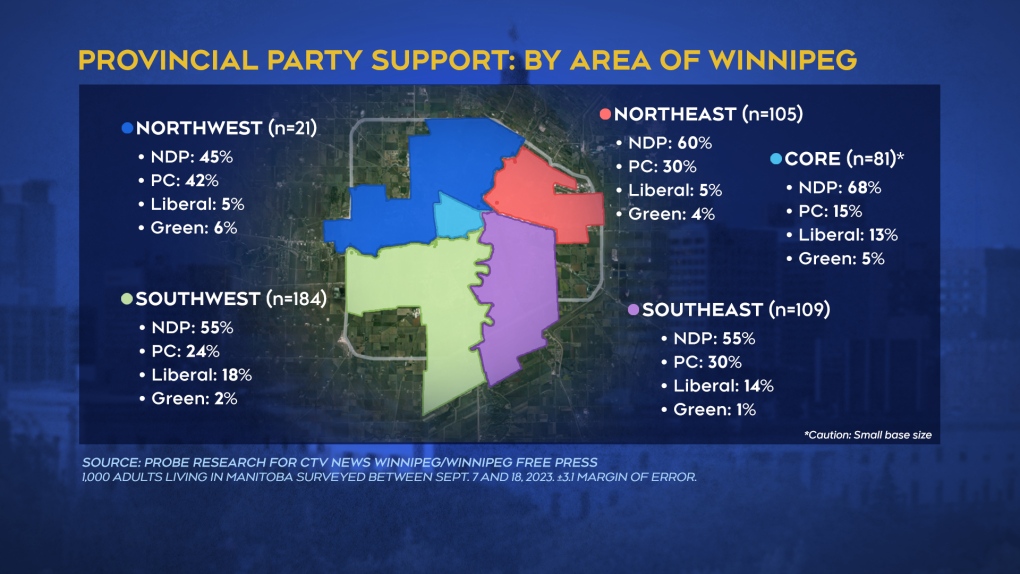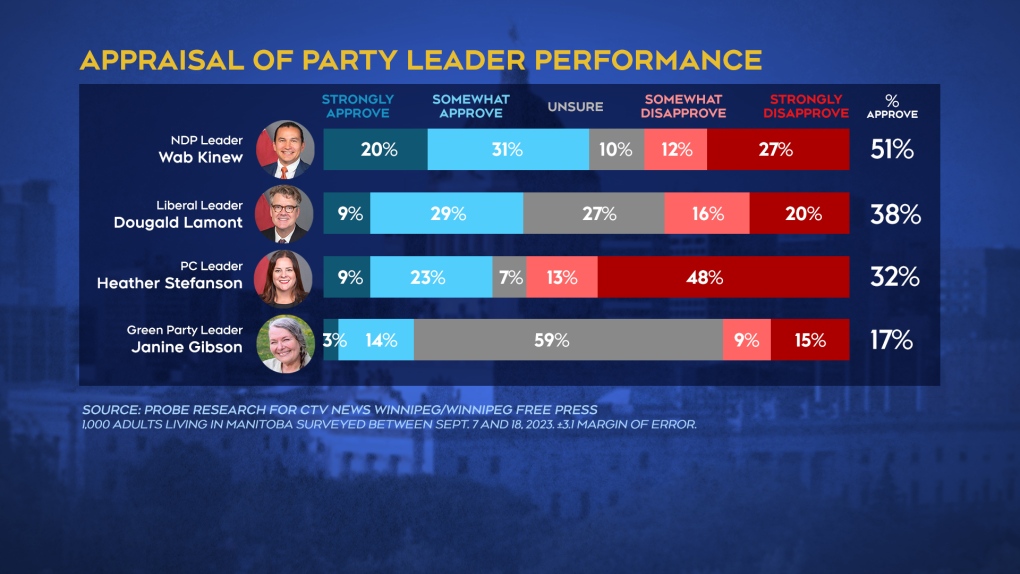Home prices in Canada are so stretched that even owners want them to fall
, Bloomberg News
Most Canadians are prepared to see home values fall, according to a new poll, suggesting some homeowners are willing to give up a bit of their own wealth to improve affordability for others.
Some 70 per cent of respondents said they would be happy (40 per cent) or somewhat happy (30 per cent) to see home prices go down, says the poll conducted by Nanos Research for Bloomberg News.
When asked about solutions to the high cost of shelter, Canadians’ preferred option is to build more homes, faster — including government-subsidized ones. But 12 per cent said the best answer is to curb immigration.
“The survey suggests that Canadians believe that real estate is overpriced and a majority would not have an issue if housing prices went down,” said chief pollster Nik Nanos. Given that about two-thirds of Canadian households own their home, the findings appear to contradict the wisdom that homeowners only want to see prices rise.
Housing costs have become a major social issue and a political problem for Prime Minister Justin Trudeau, as apartment rents surge and elevated mortgage rates put buying a home out of reach for many younger Canadians. Sean Fraser, the new housing minister, has said he wants to improve affordability without pushing down prices, though it’s not clear how the government would achieve this balancing act.
Trudeau, who’s set to huddle with Liberal members of parliament this week in London, Ontario, is under mounting pressure to outline a strategy to ease the cost of living.
The benchmark home price in Canada has more than doubled over the past decade to $755,000 and has become increasingly detached from earnings. In Toronto and Vancouver, mortgage payments on the median home consume the vast majority of household income, according to economists at National Bank of Canada.
Across 10 large cities, mortgage payments eat up about 59 per cent of household earnings, the bank said. The calculation is based on payments for mortgages that are amortized over 25 years; many Canadians now have longer loans to reduce their monthly cash outflow.
Building more housing was the most popular solution for Nanos poll respondents, with 23 per cent selecting it as the No. 1 way to reduce shelter costs. About 22 per cent called for more government-subsidized housing, and 21 per cent said the top priority should be lowering mortgage rates.
Fewer Canadians favor policies to discourage people from buying second homes. And almost no one supports eliminating the capital-gains tax exemption on the sale of a primary residence — only 1.5 per cent said that would be the best way to improve affordability.
The poll surveyed 1,044 Canadians by phone and online between Sept. 2 and Sept. 4. It has a margin of error of 3 percentage points, 19 times out of 20.





